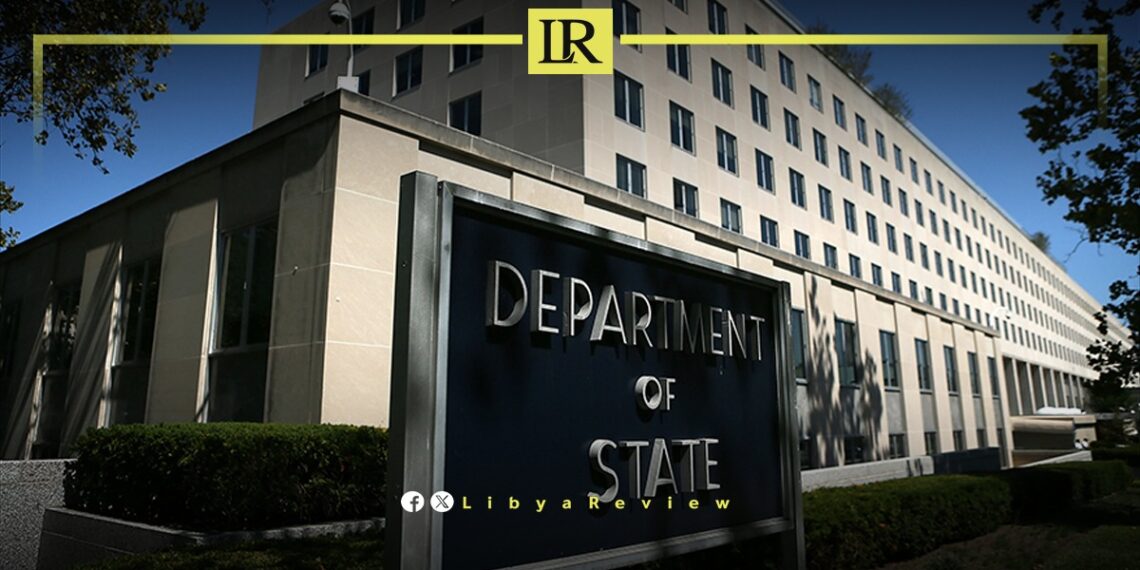On Saturday, the US State Department confirmed that American and international banks have suspended financial transactions with the Central Bank of Libya (CBL) due to ongoing uncertainty about its leadership.
The move comes as banks reassess their relationships with the CBL, waiting for clarity on who holds legitimate authority over the institution.
The State Department’s Bureau of Near Eastern Affairs emphasized that Libyan stakeholders must take immediate steps to protect the credibility of the Central Bank. The ongoing ambiguity risks damaging the bank’s reputation and its ability to engage with the global financial system. There is growing concern that further disruptions in international banking relationships could have severe consequences for Libya’s economy and the well-being of its citizens.
The US echoed calls from the United Nations Security Council, urging Libyan leaders to work together and with the UN to find a political solution that restores effective and credible leadership to the Central Bank. Such a resolution is crucial to ensuring transparency and accountability in the management of the bank’s assets and enabling it to fulfill its critical role in supporting the economic livelihoods of all Libyans.
This development is the latest challenge for Libya, a country that has been in turmoil since the 2011 revolution that toppled Muammar Gaddafi. The Central Bank, which manages the nation’s oil revenues and foreign reserves, has become a focal point in the power struggle between Libya’s rival factions. The leadership dispute has created significant uncertainty, prompting international banks to reconsider their dealings with the institution.
The suspension of financial transactions by these banks reflects broader concerns about the stability of Libya’s financial sector. Continued isolation from the global financial system could exacerbate Libya’s economic difficulties, complicating efforts to manage state finances, pay public sector salaries, and import essential goods.
The Central Bank of Libya is vital to the country’s economic stability, particularly in managing oil revenues that form the backbone of Libya’s economy. Disruptions in its operations could have dire consequences, including delays in public sector payments and shortages of crucial imports, which would directly impact the daily lives of Libyans.
The US State Department’s call for a political solution underscores the international community’s growing concern over Libya’s financial and political instability. Restoring legitimate leadership at the Central Bank is seen as essential to preventing further economic decline and ensuring that Libya remains connected to the global financial network.
The resolution of this crisis is not only crucial for Libya’s economic recovery but also for maintaining regional stability. The international community’s involvement signals the high stakes involved in resolving the leadership dispute at the Central Bank, with significant implications for both Libya and the broader region.


